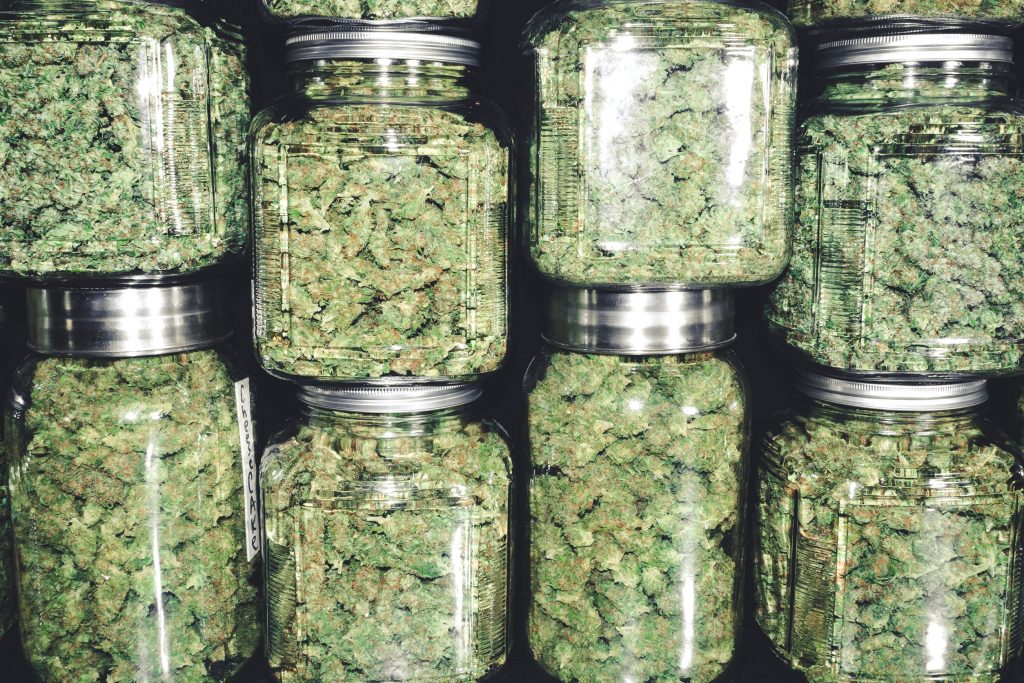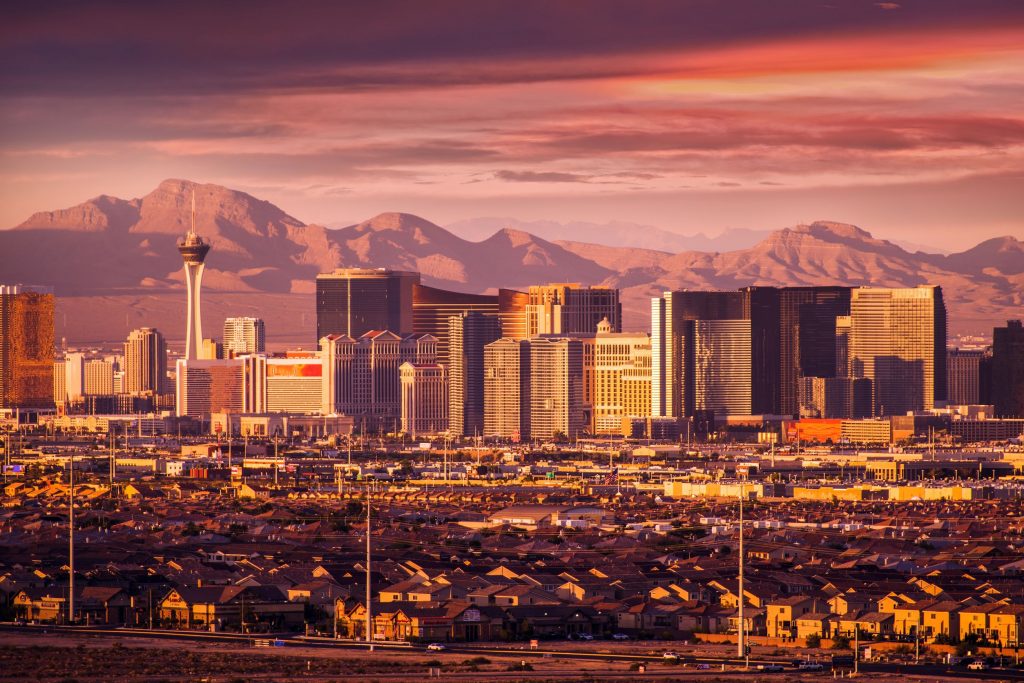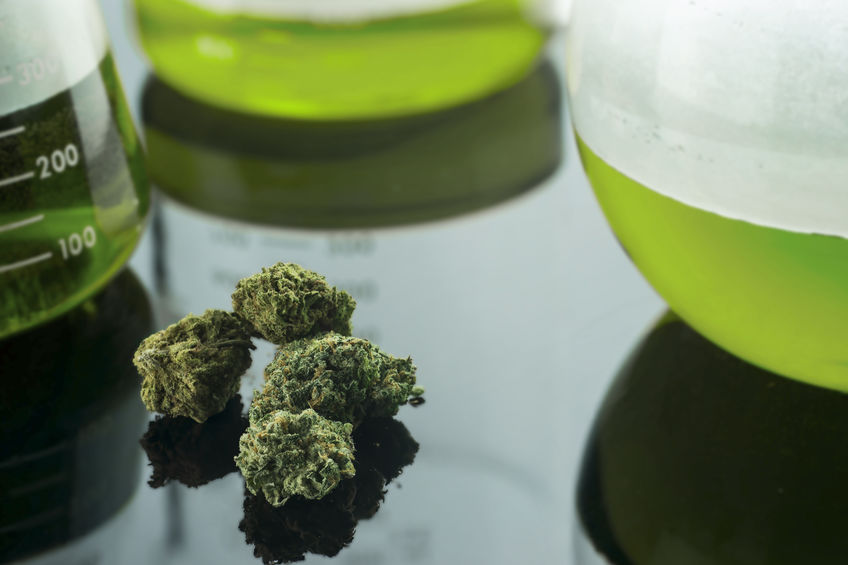Category: recreational cannabis
Construction On Cannabis Dispensary Begins
Northbrook Patch | Jun 17, 2020 – Construction is underway on a new recreational and medical dispensary at 755 Skokie Blvd. in Northbrook. Cannabis Facility Construction, a national, full-service, cannabis design-build construction firm based in Northbrook, announced the news Tuesday. The facility will be run by Greenhouse Group LLC.
The Northbrook location will be a national flagship location for the brand, according to a press release. The site, offering nearly 10,000-square-feet of finished space, is the former home the Rehabilitation Institute of Chicago. The vacant Marathon Gas station at 430 Dundee Road will be consolidated into one lot.
“As their preferred design-build partner, CFC has delivered multiple dispensaries for Greenhouse over the past five years in various states across the country,” said Andy Poticha, principal at Cannabis Facility Construction, in the release. “We are now especially excited to have this opportunity to build their largest flagship location right here in our own backyard.”
Read more at Northbrook Patch
What’s New for America’s Most Popular Cannabis States?
2019 has been the year of the cannabis plant in the United States. New states have joined the recreational cannabis club, young medical programs are exploding, mature ones are diversifying, and the Northeast is inching along. Here is the latest on the nation’s most popular cannabis states.
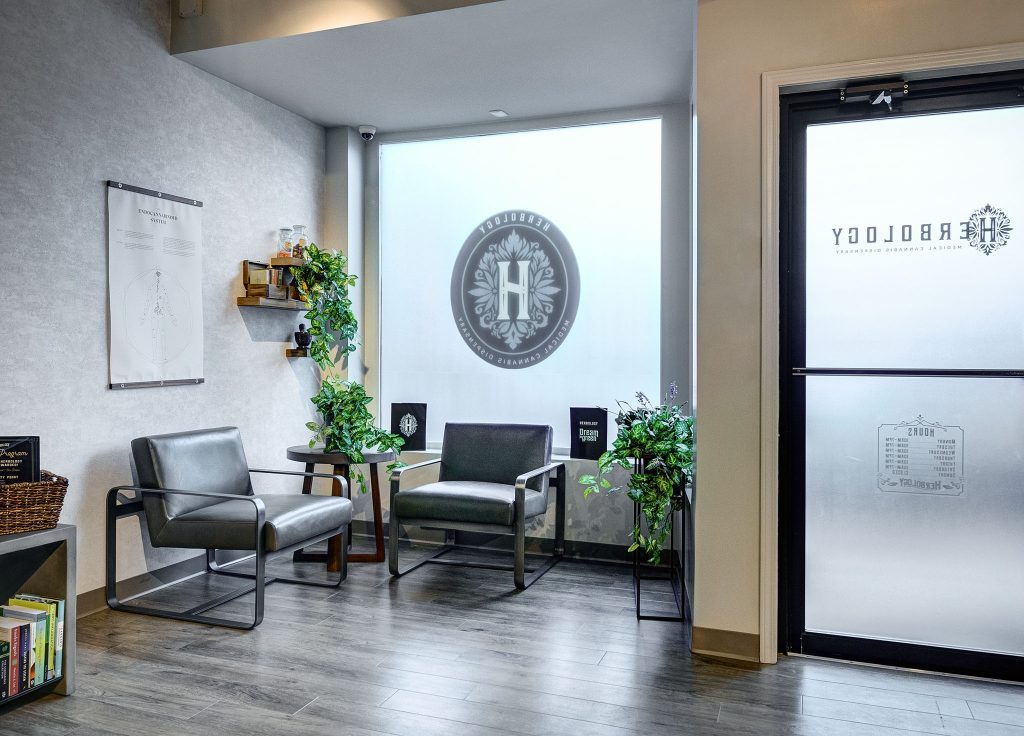
Colorado’s Cannabis Program Adds Versatility
Changes are coming to Colorado’s medical and recreational cannabis programs. House Bill 1230 will allow legal social consumption at businesses like dispensaries, restaurants, hotels, and music venues. Home-delivery of medical cannabis can begin in 2020, followed by recreational in 2021 thanks to the passage of House Bill 1234. In response to the state’s opioid epidemic, Governor Jared Polis signed the MMJ for Opioids Bill, which allows doctors to recommend medical cannabis as an alternative to opioid medications. The medical program also added autism to its list of qualifying conditions. Finally, House Bill 1090 opens Colorado’s cannabis industry to out-of-state investors and capital, including publicly held companies and large venture funds. Per Westword, “The bill would also permit investors to own smaller stakes (less than 10 percent) in a cannabis business.”
Illinois Hits a Snag
According to the Illinois Regulation and Tax Act, the state’s 55 existing medical dispensaries would have first dibs at applying for a recreational sales license at the same site, plus a second license for one at a different location. However, recently, The Illinois Department of Financial & Professional Regulation, the agency in charge of issuing those initial recreational-use licenses, announced a different interpretation: “…if a medical dispensary wishes to relocate for any reason — whether it’s for more space or if a home municipality bans recreational sales — it forfeits its right to also sell recreational marijuana,” per the Chicago Tribune.
This has created chaos for companies like Green Thumb Industries (GTI), which was awarded a retail license by the state in its Naperville location before the city council opted out of the program. “Naperville’s 6-3 vote on Tuesday, September 3 (2019) marks one of the first major roadblocks for Illinois’ marijuana industry as it prepares for recreational sales next year,” the Chicago Tribune added. “Whether GTI, or any other company, can open a store for recreational marijuana, could be reconsidered by the council after a potential non-binding voter referendum.”
Other municipalities in Chicagoland to ban recreational stores include Bolingbrook and Wheaton.
Oklahoma Medical Cannabis is Soaring
Previously, we wrote about the launch of Oklahoma’s medical program, and nothing is halting its trajectory toward a projected value of $250 million per year by 2025.
As of August, 2019, there are 162,273 registered medical cardholders, a number that’s been growing by up to 10,000 per month for the last year. To put those numbers in perspective, that’s 4 percent of the state’s total population.
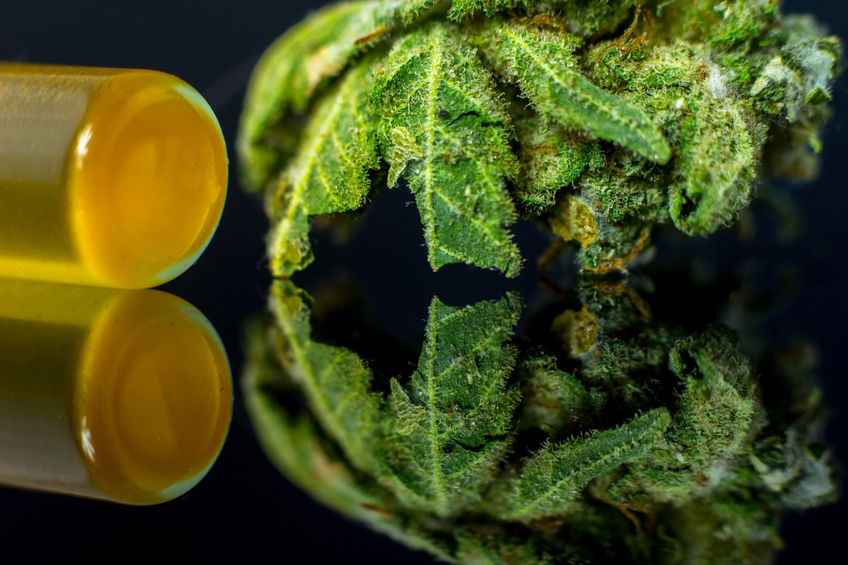
There’s a pretty easy explanation for this success: patients don’t have to meet qualifying conditions, and instead only need a referral from a physician. There are also no caps on dispensary licenses, which is why the current number is over 1,700. Additionally, the barrier to entry is low. According to the Arkansas Times, “The license to grow on a commercial scale or open a dispensary in Oklahoma is a flat $2,500 and a fare thee well, open to any Oklahoma resident who hasn’t had a felony in the past five years. Their law allows cardholders to possess up to a half pound of marijuana, and grow up to six plants at a time. Their law also made possession of up to 1.5 ounces by non-cardholders a misdemeanor punishable by a maximum $400 fine.”
Additionally, High Times Magazine put Oklahoma’s cannabis culture on the map when it held its renown Cannabis Cups in Oklahoma City in August.
Massachusetts Social Equity
As more recreational cannabis businesses come online in Massachusetts, the push for social equity is taking center stage. Real Action for Cannabis Equity (RACE) started in Boston in September, 2019 to address the dearth of minority-owned operators. Per Marijuana Business Daily, “Organizers say they’re frustrated that all but two of Massachusetts’ 184 marijuana business licenses were issued to white operators…black entrepreneurs in Massachusetts who say people of color are being shut out of the lucrative marijuana industry are joining forces to close the gap.”
New York Decriminalizes Cannabis
Though New York state failed to pass recreational cannabis during the 2019 legislative session, a last-minute compromise was reached on decriminalization. According to The New York Times,”Under the new law, possessing between one and two ounces of marijuana will no longer be considered a Class B misdemeanor. It will now be a violation, with fines up to $200. Those found with less than an ounce of marijuana will now face a $50 fine, compared with $150 previously.” In addition approximately 160,000 people will have cannabis convictions expunged from their records.
New Jersey Still has a Chance to Pass Recreational Cannabis
The Garden State saga to legalize recreational cannabis is back on. The state Legislature came up short on votes to pass a new law earlier in 2019, but the law-making body isn’t giving up, envisioning two scenarios:
- Holding another vote for the bill during the lame duck session at the end of 2019 or the first half of 2020
- Putting it on the ballot for the November, 2020 election
Governor Phil Murphy has voiced his preference of passing recreational cannabis through the Legislature versus relying on the ballot box. According to NJ.com, “Such a move would allow leaders to more easily mold and regulate the new marijuana industry. And waiting until next year’s elections means you likely won’t be able to consume weed legally in New Jersey until early 2021, at the earliest.”
Federal Cannabis Legislation: What You Need to Know
It seems commonplace that among the main news stories of the day, is a proposed federal congressional bill addressing cannabis reform. There are at least 10 right now with the most promising ones featuring bipartisan support. “Marijuana decriminalization may be one of the very few issues upon which bipartisan agreement can still be reached in this session,” said Rep. Tom McClintock (R-CA), adding “it ought to be crystal clear to everyone that our laws have not accomplished their goals.”
The two main strategies to end cannabis prohibition in the U.S. involve either legalizing at the federal level or creating immunity for states that pass their own legalization laws.
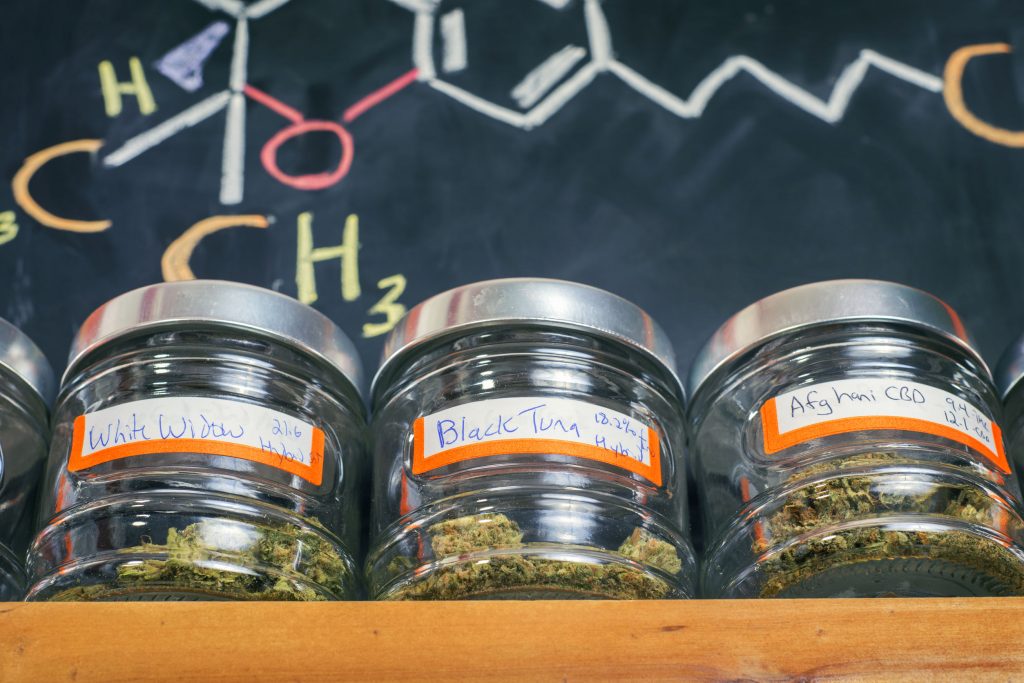
SAFE Banking Act
The SAFE Banking Act (H.R. 1595) would allow banks to work with the cannabis industry in legal states. This bill is unique because it has bipartisan support and it’s being moved along via committee hearing by Senate Banking Committee Chair Sen. Mike Crapo (R-ID) whose home state completely outlaws cannabis. Once opposed to any hearings due to the federal illegality of cannabis, Sen. Crapo has reconsidered. “We now need to, I think, move forward and see if there’s some way we can draft legislation that will deal with the issue,” said Crapo, according to Leafly News.
“Senator Crapo’s willingness to hold a hearing recently on the SAFE Banking Act was very encouraging,” Michael Correia, director of government relations for the National Cannabis Industry Association, told Marijuana Moment. “We’re thrilled to learn that he is open to solving this important issue and we are looking forward to working with the senator,” he added.
The STATES Act
Strengthening the Tenth Amendment Through Entrusting States, or The STATES Act (S. 3032), sponsored by Sen. Elizabeth Warren (D-MA), would amend the Controlled Substances Act and exempts state-approved marijuana activity from federal enforcement. In other words, states with a medical, adult use, or combined program could operate without ever fearing federal interference. The bill was first introduced in 2018 and reintroduced in 2019 with Sen. Cory Gardner (R-CO) signing on as a co-sponsor. The STATES Act was in response to the rescindment of the Cole memo, which President Obama created to protect legal cannabis state from federal interference.
However, there are those who believe the bill stops short of addressing racial and social matters. “We need to reinvest in those individuals and those communities that have been disproportionately impacted [by marijuana prohibition],” Baltimore State’s Attorney Marilyn Mosby, said. “The STATES Act does not do that, and that’s one of the reasons why I’m opposed to it.”
The two main strategies to end cannabis prohibition in the U.S. involve either legalizing at the federal level or creating immunity for states that pass their own legalization laws.
The MORE Act
The Marijuana Opportunity Reinvestment and Expungement Act, or The MORE Act, co-sponsored by House Judiciary Committee Chairman Jerry Nadler (D-NY) and Sen. Kamala Harris (D-CA), assuages those concerns. Considered the most comprehensive cannabis bill yet, it takes a three-pronged approach that addresses descheduling, state-control, and racial and social justice. If passed, the bill would remove cannabis from the Controlled Substances Act, allow states to write their own policies, and require cannabis convictions to be expunged or resentenced.
It creates further protections from the federal government, including prohibiting federal agencies from denying benefits to people found using marijuana and preventing immigrants from being deported for a cannabis-related conviction. The bill also sets up a 5 percent cannabis tax to establish grants for minorities and low-income communities.
“Racially motivated enforcement of marijuana laws has disproportionately impacted communities of color,” Nadler said in a statement. “It’s past time to right this wrong nationwide and work to view marijuana use as an issue of personal choice and public health, not criminal behavior.”
Amendment to H.R. 3055
This one is perhaps the most significant because it’s an Amendment that passed in the House of Representatives and is attached to an appropriations bill to fund parts of the federal government for fiscal year 2020. Specifically, the Amendment prevents the Department of Justice from interfering with state cannabis laws–covering D.C. and U.S. territories–including those allowing recreational use, cultivation and sales. It was approved by a floor vote of 267-165 with bipartisan support and is sponsored by Reps. Earl Blumenauer (D-OR), Eleanor Holmes Norton (D-DC), and Tom McClintock (R-CA).
“This is the most significant vote on marijuana reform policy that the House of Representatives has ever taken,” said NORML Political Director Justin Strekal. “Today’s action by Congress highlights the growing power of the marijuana law reform movement and the increasing awareness by political leaders that the policy of prohibition and criminalization has failed.”
Conclusion
Each of these pieces of proposed legislation come with “even if” or “even though” caveats. For example, even if the MORE Act were to pass the House, it would have a tougher time in the Senate. Even though the House approved the amendment that prevents the Department of Justice from interfering with state cannabis laws, will it achieve passage in the Senate and Senate Majority Leader Mitch McConnell (R-KY), who, though a champion of legalizing hemp, is opposed to cannabis? Still, the historic amount of cannabis bills and resolutions being drafted and considered by both chambers speaks to progress of cannabis legislation.
Cannabis Public Consumption: The Next Big Industry Development

With cannabis going mainstream and now firmly established as the fastest growing industry in America, business owners and state officials are partnering to create more opportunities for public consumption. Unlike with liquor at bars, restaurants, clubs, etc., one cannot legally purchase cannabis and use it onsite. So what gives? Public or social consumption of cannabis has been viewed as anathema by local governments, especially since it clashes with clean air ordinances. The tide is turning, though, as in the last few months a handful of states have passed new laws allowing licenses for cannabis lounges and other social spaces where consumers can legally consume products.
Alaska
Alaska Lt. Gov. Kevin Meyer (R) signed new regulations into law in March of 2019, issuing permits to businesses authorizing onsite consumption. The so-called “special onsite use endorsement” stipulates that consumption areas need to be physically separated from retail spaces, either by a wall and a secure door or an outdoor patio. The onus is on business owners to provide security plans and adequate ventilation. As is the case with most public consumption programs, local governments in Alaska will have the authority to prohibit onsite use outright or to tighten restrictions, including limiting consumption to vaping only.
California
The birthplace of social cannabis lounges in the U.S., California, is expected to open many more in the next couple of years. San Francisco leads the way with the most cannabis lounges, but recent legislation coming out of Los Angeles County will make municipalities like Los Angeles and West Hollywood the next leaders. LA county has been fielding social cannabis business applications since January of 2018, and West Hollywood changed codes and zoning regulations to allow public consumption in certain cafes and smoking lounges, and recently Assembly Bill 1465 was introduced that will allow smoking, vaping, and eating edibles.

“Another big move: West Hollywood will allow chefs to infuse cannabis into pre-planned and on-demand menus for onsite customers at new restaurants,” according to Forbes. “As the cafes come online over the next 12 months, West Hollywood will have more than double the number of cafes and lounges of any other city.”
Colorado
Colorado is the latest state to pass public consumption. House Bill 1230, set to take effect at the start of 2020, establishes regulations for retail stores to set up social consumption lounges, as well as allowing for mobile and temporary licenses. This means that businesses like music venues, art galleries, yoga studios, restaurants, and hotels can obtain public consumption permits and licenses for limited cannabis sales. There’s also a pathway for awarding temporary licenses for special events.
Colorado’s Marijuana Enforcement Division will process licence applications and serve as the state’s regulatory board. Per High Times “Like any industry’s regulatory requirements, businesses will still have to clear a few hurdles before they can let customers light up. First, business owners and cannabis advocates will have to convince local governments to opt in to the new law. Otherwise, the state won’t award a public consumption license. House Bill 1230 also gives local governments the authority to tweak the rules for public consumption. Towns could, for example, only approve certain forms of consumption.”
Illinois
The Illinois Cannabis Regulation & Tax Act includes an exemption to the Smoke-Free Illinois Act, which prohibits outdoor smoking, allowing cities to determine if they want to permit on-site cannabis use at lounges, bars, restaurants, and other places of business. For now, the state is leaving it up localities to opt in or out to public consumption. The City of Chicago is weighing its options. “The regulations around on-site consumption have not yet been finalized,” said Lauren Huffman, a city spokeswoman in an interview with The Chicago Sun-Times in September, 2019. “We are taking the initial step of introducing zoning regulations so we can start to give businesses certainty around where dispensaries will be located. We have not yet made final decisions around where and how on site consumption will be regulated, but are having ongoing conversations with our partners in the industry, the community and the City Council around the best way to regulate the practice.”
Nevada
Nevada’s recreational cannabis programs began in 2016, and now public consumption licenses will be granted. The Las Vegas City Council in May 2019 voted to allow existing cannabis businesses to apply for permits to open consumption lounges. Clark County Commissioner and former state senator Tick Segerblom, who is also considered Nevada’s cannabis ambassador, told the USA Today Network, “We’re the new Amsterdam. That should be a concern to gaming companies. They’re concerned about (lounges) making money outside the hotels. They’re worried the longer this goes outside hotels, the more established they’ll get. As a business person, I would be concerned too.”
While Las Vegas cannabis businesses hope to cash in on weed tourism, the gaming community wants to wall off its hotels and casinos. The Nevada Gaming Control Board, which has taken a conservative stance on cannabis, brokered a compromise with the city to create a 1,000 foot buffer between gaming establishments and cannabis lounges.
One business that’s not compromising or sparing any expense is Acres Cannabis, a 19,000 square-foot dispensary set to roll out a social consumption lounge that will include a concert hall and full-service kitchen launched with the Morton family of Morton’s The Steakhouse in Chicago.
According to msn.com, “After the city builds an application, 20 dispensaries – already open or forthcoming in Las Vegas this year – can apply for licenses to open lounges prohibited from selling alcohol. The ordinance excludes dispensaries on The Strip, which is controlled by Clark County, not the city of Las Vegas, as well as Henderson and North Las Vegas.”
What State Will be Next?
The new trend of public consumption is expected to expand, especially with new states like Illinois passing adult use programs. Oregon, currently a medical and recreational use state, appears next on the horizon. If passed, Senate Bill 639 would require the Oregon Liquor Control Commission to regulate social consumption businesses and event spaces, allow for the sale of cannabis in these clubs, tasting tours on farms and expanded legal cannabis delivery into private and temporary residences.
Illinois Recreational Cannabis: What You Need to Know
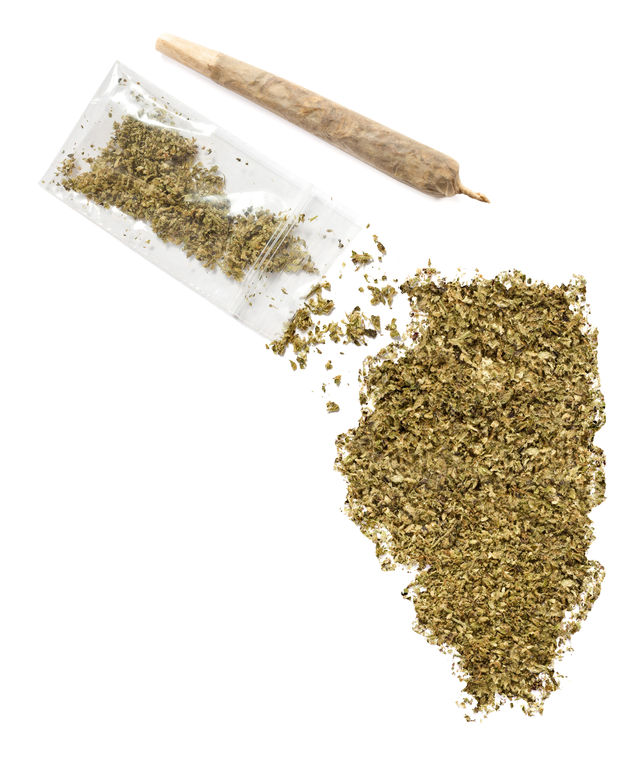
“In the interest of equity and criminal justice reform, I look forward to signing this monumental legislation,” said Illinois Governor, J.B. Pritzker, following the passage of House Bill 1438 on Friday, May 31, 2019. The 66-47 vote made Illinois the 11th state to legalize adult-use cannabis and the first to do so through the state legislature. Vermont’s program was approved through its legislature but does not permit commercial sales. Approval in other states occurred via referendum.
The bill, which passed 38-17 in the state Senate two days earlier, focuses on social equity and addressing Illinois’ financial deficit. Chicago Crain’s Business reports that, “Illinois expects sales to eventually reach $1.5 billion to $2 billion a year, producing $500 million in revenue for the cash-strapped state.”
Following the November, 2018 midterm elections, we commented on what Governor Pritzker’s election victory would portend for the future of cannabis in Illinois. Once he signs the bill, it will be the law of the land.
Here’s what you need to know about the new law:
Growing and Selling
Recreational sales will begin on January 1, 2020, with priority given to businesses with current medical licenses. They will be eligible to start cultivating, producing, and selling cannabis for retail use.

According to the Chicago Tribune, “Only the 20 existing licensed medical marijuana cultivation facilities will be licensed to grow it initially. Next year, craft growers may apply for licenses to cultivate up to 5,000 square feet, with preference given to applicants from minority areas disproportionately affected by the war on drugs, such as the South and West sides of Chicago. Medical marijuana dispensaries and new retail stores will be licensed to sell it.”
Buying
The bill allows for Illinois residents 21 and older to possess up to 30 grams or roughly one ounce of cannabis flower or bud. They are also allowed five grams of cannabis concentrate or 500 milligrams of THC in a cannabis-infused product. Adults visiting the state can possess up to 15 grams of cannabis. Growing plants at home will remain illegal except for certified medical patients.
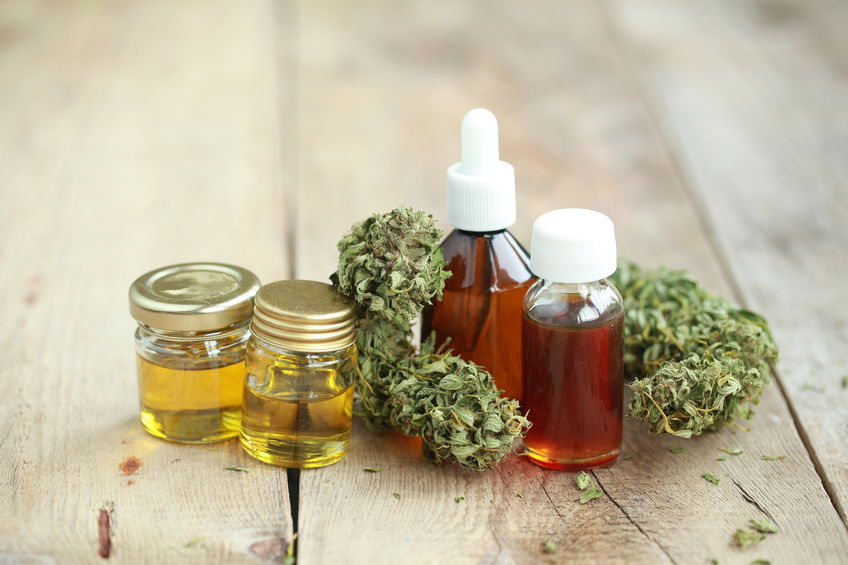
Impact on Convictions
Central to the bill was the expungement of cannabis convictions.
“While the usage of cannabis has been the same across all racial groups, the actual incarceration charges have been shown to be seven times more likely for people of color than Caucasians,” said Illinois State Senator. Heather Steans (D-Chicago), the Senate bill’s main sponsor. “This bill is going to set the model, I believe, the gold standard, for how to approach social equity issues related to cannabis legalization.”
Here’s what’s at stake for convicted felons, according to the Chicago Tribune: “The governor will pardon past convictions for possession of up to 30 grams, with the attorney general going to court to expunge or delete public records of a conviction or arrest. For possession of 30 to 500 grams, an individual or a state’s attorney may petition the court to vacate and expunge the conviction, but prosecutors may object, with a judge to make the decision.”
Taxation
Per ABC News and the Chicago Tribune, consumers will be taxed in the following way:
- A 10% tax will be levied on cannabis products containing less than 35% THC
- 20% for cannabis-infused products like edibles
- 25% for THC concentrations of more than 35%
Additional state and local taxes apply and can be as high as 9.75%, including:
- 3% municipality
- 3.75% county in unincorporated areas
- 3% in Cook County (Chicago)
Opting In or Out
Similar to other adult use programs, local governments may opt in or out. According the Chicago Tribune, “Municipalities and counties may ban cannabis businesses within their boundaries, but may not ban individual possession. Any person, business or landlord may prohibit use on private property. Colleges and universities may continue to prohibit marijuana use.”
Where You Can and Cannot Consume
Usage at home is permitted as long as it’s out of view of the public. Places where use is strictly prohibited include: public areas, school grounds, in any motor vehicle, in a correctional facility, around someone under 21, while driving a boat or flying a plane, or by a school bus driver, police, fire or corrections officer while on duty.What Else?
Cannabis remains a Schedule 1 illegal drug by the federal government; however, federal law enforcement tends not to prosecute possession of small amounts or businesses complying with state programs.
Medical cannabis was also a winner at the eleventh hour of the legislative session. The House passed the bipartisan SB 2023, which will make the Compassionate Use of Medical Cannabis Pilot Program Act permanent while broadening its scope. Illinois State Representative Bob Morgan’s (D) reauthorization bill removes the program’s July, 2020 sunset and adds more patient qualifying conditions, including chronic pain and autism.
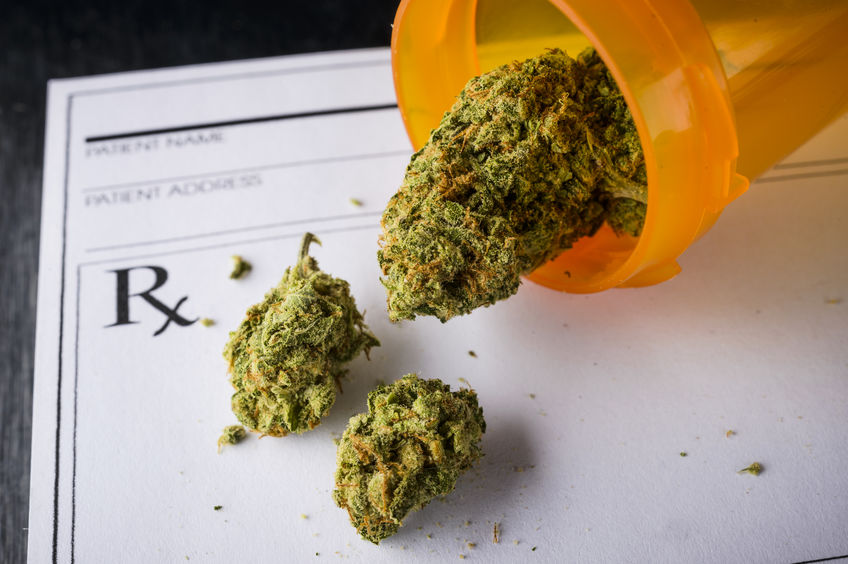
The bill also permits advanced practice nurses and physician assistants to recommend medical cannabis in addition to physicians and increases the number of caregivers that patients can use to access the program. Similar to the adult-use program, the reauthorization bill emphasizes equity standards and will award five dispensary licenses to ensure equal opportunity.
“It is critical for the state that the pilot program be reauthorized and revised,” said Morgan in a press release. “The initial program placed a significant regulatory burden on patients. With the passage of SB2023, the new program will streamline the process and help patients suffering from debilitating medical conditions.”
